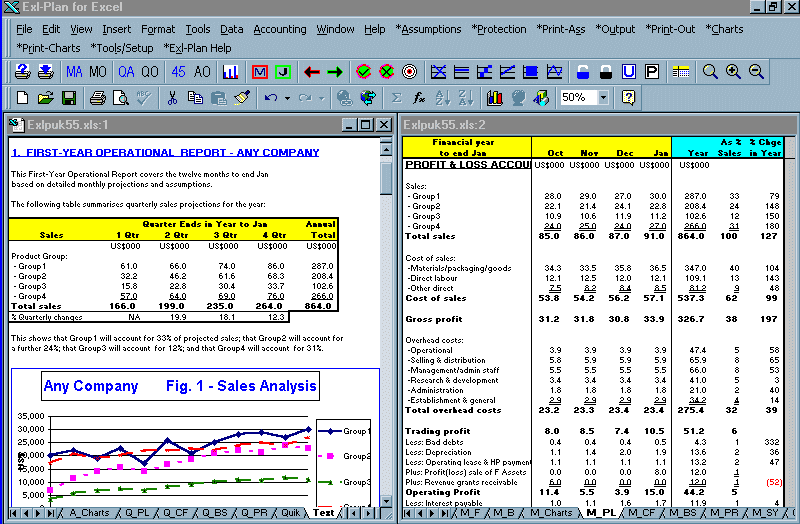Course objectives:
Executives are faced with ever-increasing challenges. Flatter corporate structures, global competition, overcapacity, downsizing, and changing business environments have placed enormous demands on managers, calling for greater management skills. Today’s executives wear multiple hats and need multiple skills. Even highly innovative and creative managers with excellent people skills must report and understand financial terms and concepts.
This exciting and informative program will enhance your ability to prepare, interpret and use Budget information in your managerial decision-making. It has been designed to transform the non-financial and finance manager into a more effective team member who can propose, analyze and evaluate Budgetary decisions. It does so by providing a fundamental understanding of the content, concepts, software models and terminology of Budgets.
Who should attend?
Non-financial and Financial mid to upper level managers in every functional area in all industry types, in both the public and private sectors.
Managers from areas such as marketing, sales, services finance, manufacturing, or engineering, as well as general who use financial data for decision making.
Managers in a position to influence the design of their organizations’ planning, control, costing, and performance measurement systems. Managers in a position to influence the financial planning process of a company, emerging business, and/or business unit within a large organization.
Course Outline:
The fundamentals of budgeting & cost control (BCC):
- What is a budget?
- Why is budgeting an important concept in managing a business?
- Who is responsible for budget management in the business?
- What is a cost object?
- Costing methods
- Why do business costs need controlling?
- Uncontrollable costs – do they exist?
- Who has the responsibility for cost management in the business?
Budgeting and controlling revenues: sales and service income:
- How are sales revenues to be estimated – top down or bottom up?
- Are there different approaches between manufacturing and service businesses?
- Does market and field research have apart to play in this process?
Budgeting and controlling direct and indirect labor costs:
- Determining labor costs both direct and indirect
- Recording direct and indirect labour costs
- Budgeting for direct and indirect labour costs
Budgeting and controlling capital expenditures:
- Difference between capital and revenue expenditure
- Organisation of capital expenditure budget approval systems
- Need for capital project monitoring
Budgeting and controlling cash flows:
- Turning budgeted sales revenues, costs and capital expenditure plans into a cash budget forecast
Completion procedures and applications of the overall profit plan or master budget:
- The budget process as a control system within the business
- The behavioral aspects of accounting control systems
- Responsibility budgeting, accounting & control ideas
- Zero based budgeting concept (ZBB)
- Activity based management (ABM) and Activity based costing (ABC) defined
Introduction to effective financial report writing:
- Understanding the purpose of your report
- Evaluating the mediums that can be used
- Reviewing the users of financial reports
- The importance of brevity
The General Structure of Financial reports:
- Basic report writing formats
- Main assertion
- Abstracts, synopsis and summaries
- The premises behind the main assertion
- Supporting information
- Focus on Financial Reports
- Combining figures and information
- Highlighting anomalies and drawing conclusions
- Incorporating tables and statements
WORKSHOP STYLE:
A mixture of short presentations, interactive discussion, individual exercises and group work. The emphasis throughout is on a practical approach using case material and examples.




